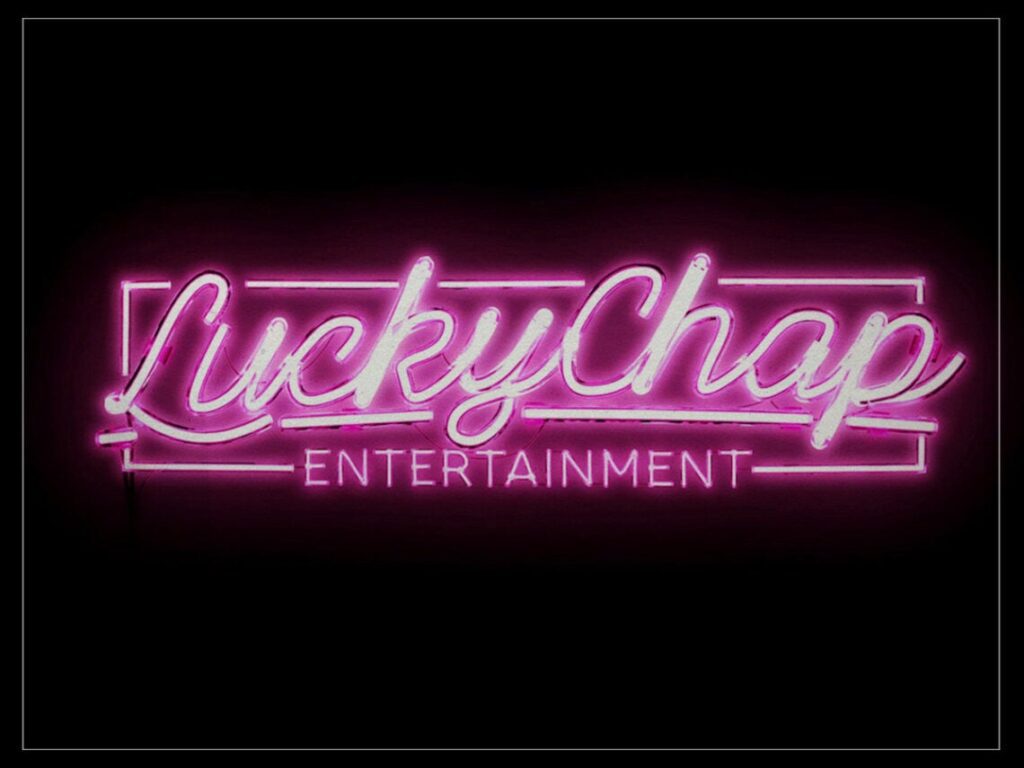The future of cinema: unpacking the impact of Lucky Chap movies
 Posted On
Posted On
(Credits: Far Out / Lucky Chap Entertainment)
After suddenly exploding to global stardom after her role in The Wolf of Wall Street, Margot Robbie quickly climbed her way up the Hollywood ladder through knockout leading roles in I, Tonya and Once Upon a Time in Hollywood, becoming one of the most sought-after actors. But while we became aware of her work on-screen, behind the scenes, she was quietly building a legacy as a producer, co-founding the production company Lucky Chap with her husband Tom Ackerley and friends, and prioritising the creation of female-led stories. Since then, they have sneakily been building an eclectic and surprising body of work by producing films such as Promising Young Woman, Saltburn and Barbie.
After Barbie’s unpredicted success, it’s safe to say that Lucky Chap has a few million in the bank and the power to greenlight any project they set their eye on. Robbie has recently announced Emerald Fennel’s next picture, an adaptation of Wuthering Heights starring Jacob Elordi and Robbie in the lead roles, despite the widespread confusion over this casting decision that is far from accurate to the novel.
Lucky Chap is now one of the most successful production companies in Hollywood, and the release of Barbie only increased speculation over how they would leverage this power to advocate for so-called under-seen stories and diversity in the industry. However, it seems as though this plan has come to an abrupt halt, with the company recently announcing that they have acquired the rights to make a Monopoly and Sims movie.
The success of Barbie came not from the fact that it was about a plastic doll but from the fact that it was directed by Greta Gerwig – a powerhouse independent director with a distinct voice that helped elevate an otherwise corporate–feeling story. However, much like everything in this ridiculous industry, the reasons for its success were misconstrued, and studio executives are now trying to capitalise on this empty trend of making ‘brand movies’.
Lucky Chap’s next move to create a Monopoly and Sims movies signals an ominous future for the film industry, with cinema now becoming a slightly more complex and creative form of advertising. What’s next, a Cillit Bang movie? A Specsavers superhero franchise? Art and advertising should not be merged into one medium, but it seems as though producers are too tempted by the financial potential of this instead of considering its impact on cinema as a whole.
The film industry has become over-saturated with commercial projects, and Lucky Chap’s shift to focus on brand movies and blockbuster projects shows an active divergence from their original philosophy that aimed to highlight female-led and challenging stories that weren’t typically prioritised in Hollywood. But who cares? At least we’ll finally have a capitalist propaganda film about buying property. A landlord simulator, if you will.
With Oscar nominations for Wicked, it isn’t hard to imagine a near future in which award season isn’t dominated by commercial films. A world where true arthouse projects and visionary creatives are blocked from being recognised for genuinely creative and risky work. I can see it now – the ‘Best Picture’ nominees are Hot Wheels (the movie), Febreeze (the movie) and Walkers Crisps: Part 2. The future of film is alive and well, everybody.
[embedded content]
Related Topics


